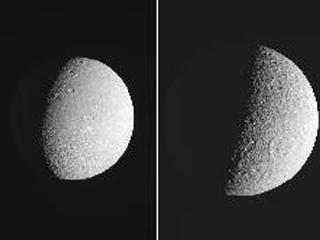
NASA's Cassini spacecraft took these two wide-angle images of the Saturnian moons Dione and Rhea on Oct. 17, 2010. Photo: NASA/JPL/SSI
PASADENA (BNS): NASA's Cassini spacecraft has successfully glided near nine Saturnian moons and captured some intriguing images of the moons Dione and Rhea.
Cassini glided past the moons Titan, Polydeuces, Mimas, Pallene, Telesto, Methone, Aegaeon, Dione and Rhea from October 14th to 17th.
Particularly interesting were high-resolution images of the moons Dione and Rhea, the most detailed since the Voyager spacecraft visited them in the early 1980s, a NASA release said Wednesday.
The new images show the view of the southern part of Dione's leading hemisphere (the part of the moon that faces forward in its orbit around Saturn) and the equatorial region of Rhea's leading hemisphere.
Of the five big icy moons of Saturn, Dione and Rhea are often considered a pair because they orbit close to each other, they are darker than the others and exhibit similar patterns of light reflecting off them.
Cassini also caught a picture of the tiny, 4-kilometer-wide (3-mile-wide) moon Pallene, in front of the planet Saturn, which is more than 120,000 kilometers (75,000 miles) wide at its equator.
Cassini's elliptical orbital pattern around Saturn means it can target moons for flybys about once or twice a month. The flybys on this particular Cassini road trip were "non-targeted" flybys, meaning navigators did not refine Cassini's path to fly over particular points on each moon.
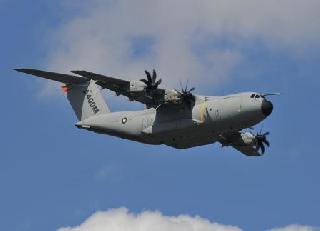 Previous Article
Previous Article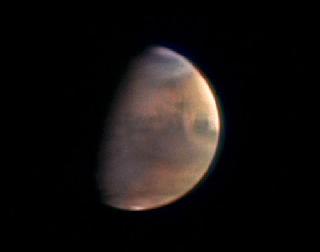 Next Article
Next Article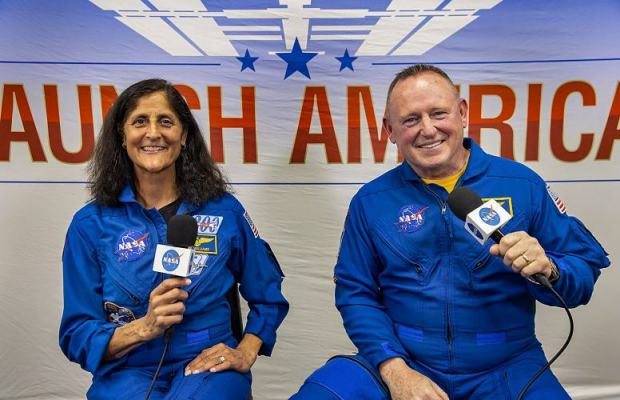
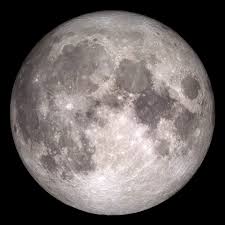
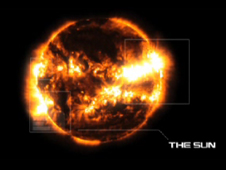
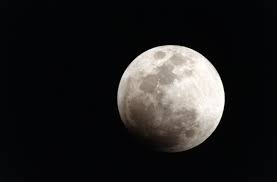


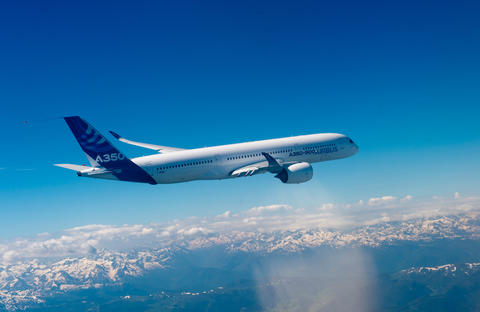






The Indian Air Force, in its flight trials evaluation report submitted before the Defence Ministry l..
view articleAn insight into the Medium Multi-Role Combat Aircraft competition...
view articleSky enthusiasts can now spot the International Space Station (ISS) commanded by Indian-American astr..
view article